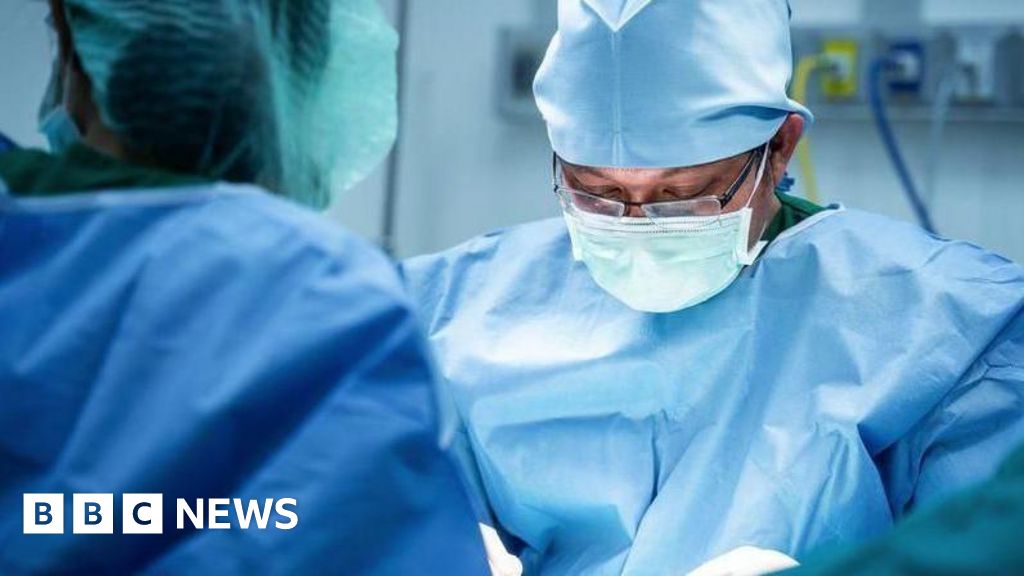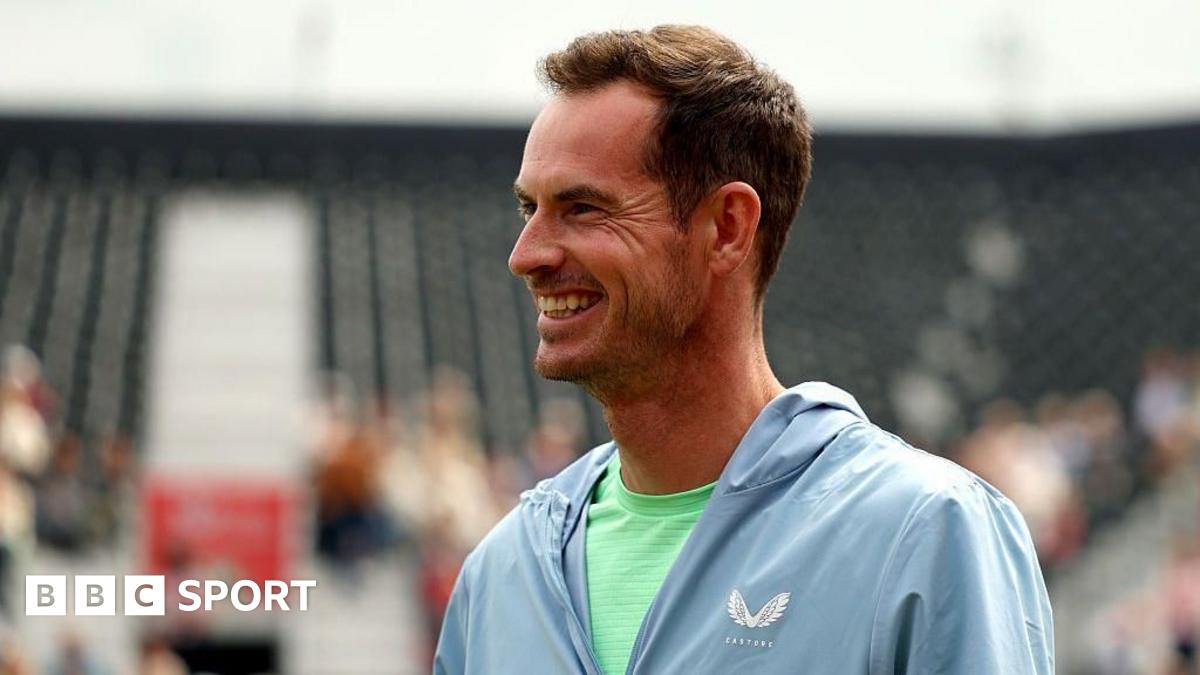Millions more people will have robotic surgery over the next decade under NHS plans to slash the huge waiting list for hospital treatment.
The move will mean a significant expansion in how often surgeons use robots when treating people for cancer, hysterectomies and joint replacements, as well as in medical emergencies.
The number of patients undergoing robot-assisted surgery is due to rise from 70,000 to 500,000 a year by 2035, the head of the NHS in England will announce on Wednesday.
“The NHS has pledged to return to shorter elective waiting times by 2029 and we are using every tool at our disposal to ensure patients get the best possible treatment.
“Expanding the use of new and exciting tech such as robotic surgery will play a huge part in this,” said Sir Jim Mackey, NHS England’s chief executive.
“Not only does it speed up the number of procedures the NHS can do, but it also means better outcomes, a faster recovery and shorter hospital stays for patients.”
By 2035, nine out of 10 keyhole surgery operations, in which the surgeon makes only small incisions into the patient’s body, will involve a robot, up from just one in five today. It will have become so common by then that it will be “the default” for many procedures, Mackey will say.
Evidence shows that a robot, either controlled remotely by a surgeon at a console using a 3D camera or when it has been pre-programmed, can be more precise than when a surgeon undertakes the same task and often helps the patient to recover faster and get home from hospital sooner. When surgeons control the robot, they guide the surgical instruments – which in keyhole surgery can be as tiny as 5mm – to undertake the work needed.
John McGrath, a consultant surgeon who chairs NHS England’s steering group for robotic-assisted surgery, said the dramatic rise in such procedures could help free up beds in overcrowded hospitals.
“Faster recovery and shorter hospital stays are not only hugely important benefits for patients undergoing surgery – if used efficiently, they can have a positive impact on the rest of the system by relieving pressure on services and therefore helping to reduce waiting times.
“Robot-assisted surgery can also make complex operations less physically demanding for surgeons, with the potential to reduce strain on surgical teams, allowing a greater number of complex surgeries to be carried out each day,” he added.
The National Institute for Health and Care Excellence (Nice) has given its approval for hospitals in England to use robots in five types of operations involving soft tissue, such as hernia repairs and gallbladder removals, and six orthopaedic procedures, including full and partial knee replacements and hip replacements.
after newsletter promotion
Macmillan Cancer Support said the wider use of robotic surgery could help to shorten waiting times for people with the disease.
“We know that many people living with cancer across the country are facing long delays for care. And it’s exciting developments, like those in robotic surgery announced today, that form an essential piece of the puzzle for sparking a much-needed revolution in cancer care”, said Kate Seymour, the charity’s head of external affairs.
Mackey will outline the plan in his speech to an audience of health service bosses at the NHS ConfedExpo conference in Manchester.
But in a message to the chancellor, Rachel Reeves, the president of the Royal College of Surgeons of England, Tim Mitchell, warned that the NHS would only be able to deliver Mackey’s ambition if it got a major boost to capital spending in her spending review on Wednesday.
“Robotic-assisted surgery has the potential to improve patient care through faster recovery times and reduced complications,” Mitchell said.
“None of this will be realised without further capital funding in the spending review to help NHS trusts invest in robotics and the infrastructure needed to house these systems.
“Unless the government provides urgent capital funding, we risk a future where not all patients have access to robotics, and cutting-edge surgical technology operates in buildings that are quite literally falling down.”
Wes Streeting, the health secretary, had robotic surgery when he was diagnosed with kidney cancer in 2021. He said: “Innovative treatments and technologies that help fast-track better outcomes for patients is how to transform our NHS and make it fit for the future.
“I know myself how important this is, when the NHS saved my life from kidney cancer with an operation led by a world-class surgeon being helped by a robot.”

 1 day ago
2
1 day ago
2










 English (US)
English (US)